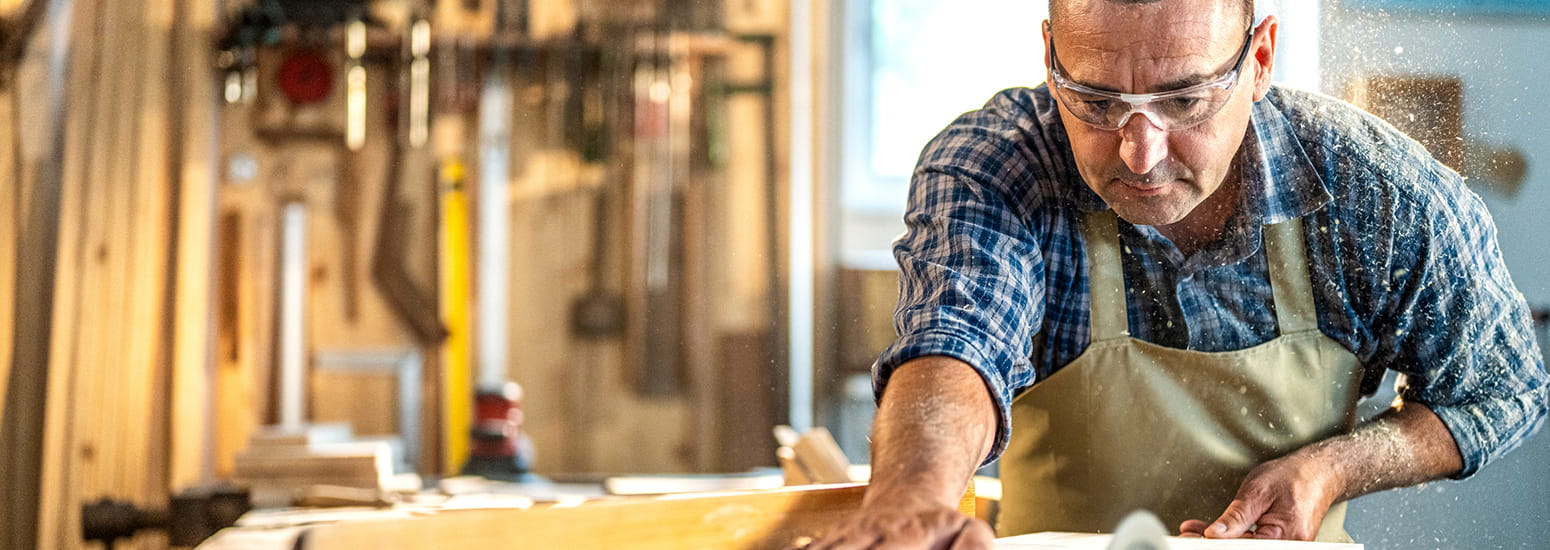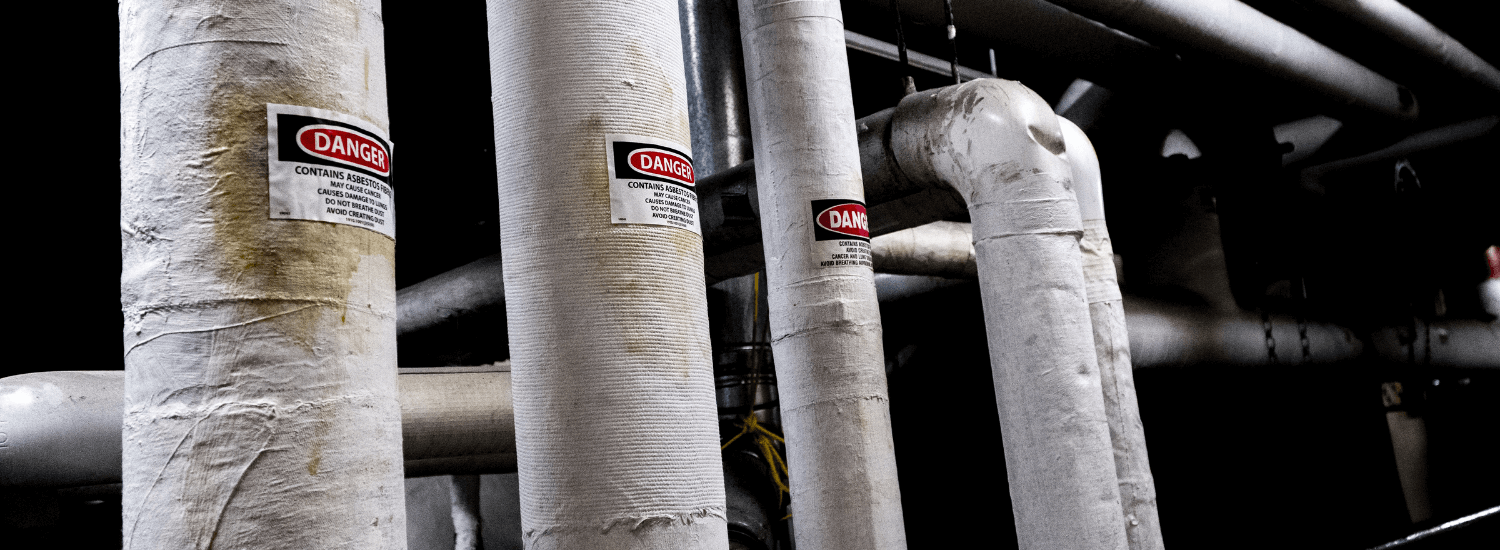Does your insurance cover still meet the needs of your business?
- The value of your business and assets may change over time – it’s important to regularly reassess their value
- An accurate evaluation will help ensure that you have the right level of insurance to protect your assets, should they be damaged or destroyed
- An insurance broker can help you assess your risks and find the cover that suits your businesses needs
Most people know that insurance is essential to run a business – however, not having the right amount of insurance is a risk that’s easy to overlook.
It’s important to regularly and accurately assess your risks to ensure that your business has the right amount of cover should something go wrong.
What is underinsurance?
Put simply, underinsurance is when the insurance you have isn’t enough to cover the value of your assets.
The purpose of business insurance is to restore a company to the position it was in before an insurable event happened. If the sum they are insured for – which is the maximum amount an insurer will pay for a claim – isn’t enough to recover what’s been lost, the business owner could be left out of pocket.

What can cause underinsurance for a business?
A few things can cause underinsurance. The first is simply the challenge of keeping your insurance in step with your business. For instance, you may have purchased some new goods or machinery – but not added it to your insured values, or you may have forgotten to include certain assets or items.
Another reason for underinsurance is rising costs. The cost to replace that machinery today will likely be higher than the original purchase price, or the cost of rebuilding your business premises in the event they were destroyed may be significantly higher than the cost of the premises in the first place.
These risks can compound if you renew your insurance without taking the time to understand what is required for your business today.
What happens if you’re underinsured?
If an insurable event happens and your business suffers losses, you’ll need to make an insurance claim. If, for example, you lost goods worth $1m, but were insured up to $350,000, you’d only receive $350,000 – meaning you’d be $650,000 out of pocket.
This, of course, could spell disaster for many businesses, underlining the importance of making sure you correctly value the assets your business has, and understand the risks you face.
How to avoid business underinsurance

Thoroughly understand your risks
It’s important to know how much it would cost to replace everything in your business today – don’t be guided by the original value. These values can be impacted by a whole range of factors, including exchange rates and inflation.
Value your business and its assets correctly
Being proactive and assessing your insurance frequently is crucial as circumstances can change quickly in business – big contracts could be won, significant purchases made, or systems and premises upgraded.
Assess your policy frequently
To ensure your business has the right amount of insurance, it’s important to understand the specific risks your business faces and ensure that all factors critical to your operations are covered. You should take all types of risk into consideration, including legal, financial, environmental and operational.
Talk to an insurance broker
As business insurance experts, insurance brokers can help you understand your risks, estimate true values and find the policies that can meet your business needs. The peak body of insurance brokers, NIBA*, has a website to help you find a broker in your area.
Find out more
If you’ve assessed your risks and know what you need cover for, check out QBE’s Business Packages.
*The brokers on this site are not employees or agents of QBE, but are independent entities. QBE is not responsible for any advice provided to you by any broker on this site. Any such advice is the responsibility of the broker concerned.









